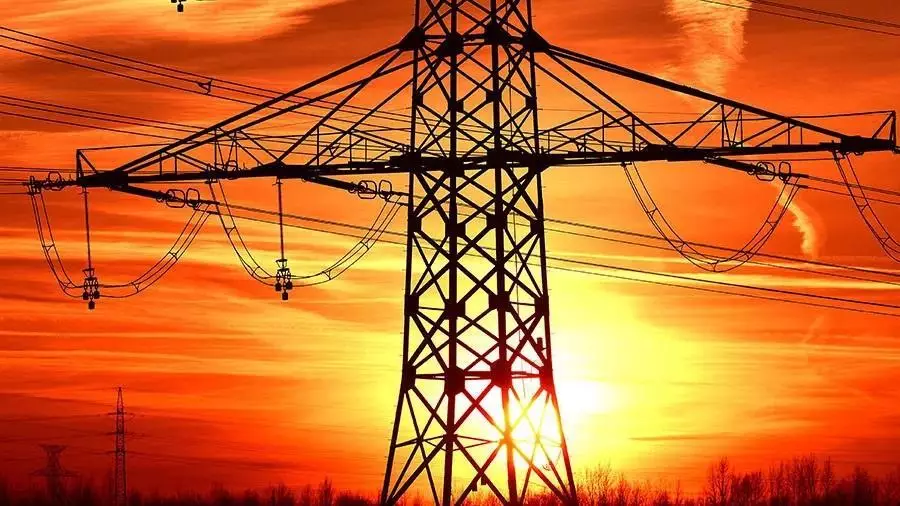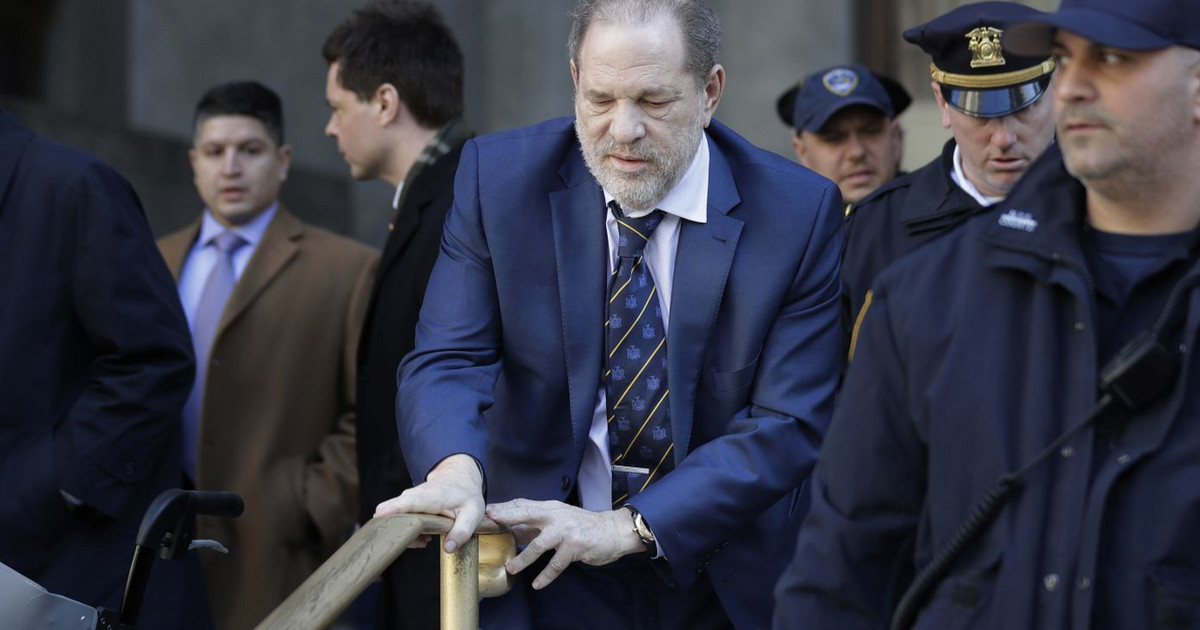With an exchange announced on Monday (23), the Petrobras should soon have its fourth president in two years, which represents a turnover that is not good either for the company or for the country, according to Adriano Pires director of the Brazilian Infrastructure Center (Cbie).
Pires, who was even nominated by the government for the post but withdrew from the appointment, he said in an interview with CNN this Tuesday (24), that the exchange “is something that should be avoided, because it devalues the company’s own assets”.
He assesses that the company’s shares in stock Exchange and the receipts of shares on the New York Stock Exchange (ADRs) should be harmed by the exchange, reducing the company’s market value.
“The news is not good because it comes at a time of great abnormality in the market, with the price of a barrel of oil above US$ 100 and an election year. If it didn’t have such an expensive barrel and an election year, the exchange would now be different, probably Roberto Castelo Branco wouldn’t even have left”, he says, referring to the first president of the state-owned company fired.
The expert considers that, in another context, the replacement could be normal due to the new minister of mines and energy since “it is important that Petrobras has a president that he trusts, has a certain intimacy”.
In a troubled context like the current one, the scenario is different. “Everyone always goes and says that President Bolsonaro is looking for someone to control the price, but none of the presidents so far have controlled prices, so the president’s speech is very verbal, but in practice there is no control”.
The economist’s assessment is that the new nominee, Caio Mario Paes de Andrade will still have a “long trajectory” to assume the position, with the process taking from 15 days to a month.
“At first, the appointment of a person with no knowledge of the oil and gas market brings a certain distrust in the market, but we will see how the management will be. He seems to me to be an experienced person in terms of the public sector, private market, but it is not easy to provide the solution that the government is looking for”, he evaluates.
He claims that the government’s discontent with the state-owned company is worsened in an electoral context. “The price of fuel brings negative effects, discontent for the population and inflation, and the inflationary process in Brazil is growing a lot”.
However, the exchanges do not lead to price control because the company’s own statute makes the practice difficult, determining that Petrobras be compensated if the government forces it to hold prices and it has a loss.
In addition, Pires says that “if you spend many days without increasing fuel and if there is a very large growth in the barrel, exchange devaluation, there can be a huge lag and no one imports fuel, and Brazil depends on this import, so it can cause shortages” .
For him, “the way out is not price control, it would be to create a fund, but it seems that the Ministry of Economy he doesn’t like this idea of the fund, he thinks it will hurt the spending ceiling. In short, the solution is not easy, but it is not in Petrobras, it is in the government, in public policy. Petrobras has to continue doing what it has done so far, following the international market and making the profits it is making”.
Source: CNN Brasil
I am Sophia william, author of World Stock Market. I have a degree in journalism from the University of Missouri and I have worked as a reporter for several news websites. I have a passion for writing and informing people about the latest news and events happening in the world. I strive to be accurate and unbiased in my reporting, and I hope to provide readers with valuable information that they can use to make informed decisions.






